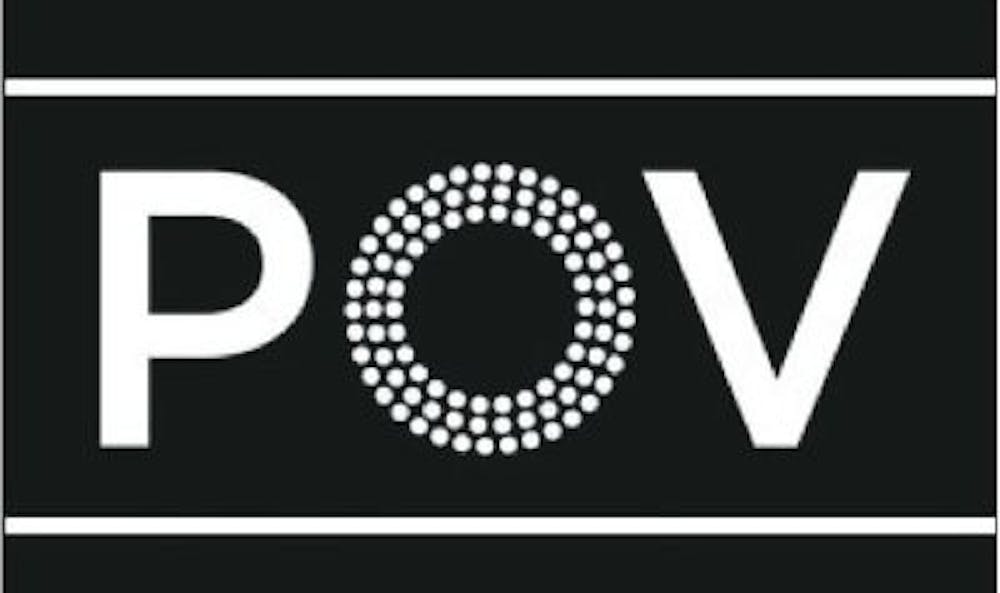The Auburn Unitarian Universalist Fellowship featured "High tech, low life" at its meeting Thursday, July 11. The documentary is part of a series Auburn is screening in conjunction with the Public Broadcasting Service and Point of View.
"PBS lets organizations like [Auburn] screen these documentaries before they air on cable," said Maiben Beard, outreach associate for the Caroline Marshall Draughon Center for the Arts & Humanities. "This was the second screening of the series, which will be running through November."
The documentaries, which were selected from a list of POV documentaries that will premiere this year, were chosen with discussion moderators and topics in mind. \0x2028"We were definitely looking at the films while thinking about which faculty members could lead meaningful discussion following the showing," Beard said. "These films all expand your worldview and there's an excellent chance to engage in meaningful conversation with others, and we want to take advantage of that.
"\0x2028The second documentary showed in the series was "High tech, low life." The cameras followed two citizen journalists as they reported what they saw in China, where censorship is prevalent and penalties for those reporting on unfavorable topics can be strict.
Makiko Mori, assistant professor in the department of foreign languages and literatures, led the discussion.
"This film shows the contrast between the government media and the feelings and sentiments of those normal, faceless people within the country," Mori said. "There's been an emergence of citizen reporters, or bloggers, who are armed with laptops and anti-spying technology to tell their stories."
The film focused on the two main characters, a young, energetic blogger named Zola, and an older, calmer reporter named tiger temple. Although they do not work in coordination with each other, their reporting brings news and changes to the country. Because of the efforts of citizen reporters, Chinese citizens are aware of current events, according to Mori.
"Blogging allows a person sitting in a dark room to join and contribute to a networking community," Mori said. "The citizens there are not naive. They are aware of what is going on and how things are reported outside of the state-run media."
The documentaries have had an impact on those who watched it, and anticipation for the future screenings is present.
"I thought the screening was interesting," said Blake Evans, graduate assistant for the Director of Civic Initiative.
"I know it's my job to be here, but I have enjoyed the first two films. They have been great cultural views, and I've learned a lot from having the opportunity to view them here."
The series was previously held at the Gnu's Room, but relocated to the Auburn Unitarian Universalist Fellowship, according to Beard.
"The center's mission is to connect the university to the public," Beard said. "We had cosponsored the screenings at the Gnu's Room, but we took over the screenings and found a home at the Auburn Unitarian Universalist Fellowship."
"High tech, low life" will premiere July 22, and the next screening will be "Best Kept Secret," Aug. 1. More information regarding this film series can be found at Auburn.edu/CAH.
Do you like this story? The Plainsman doesn't accept money from tuition or student fees, and we don't charge a subscription fee. But you can donate to support The Plainsman.





